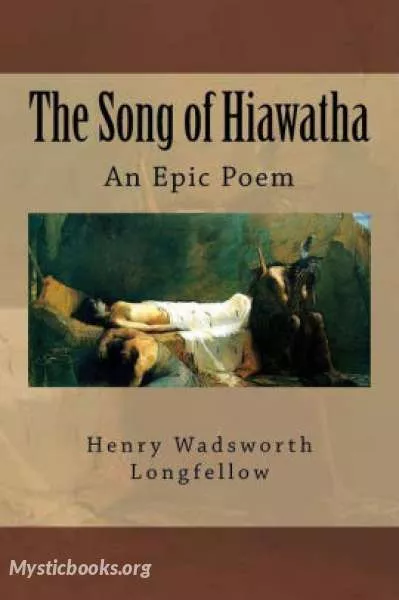
Hiawatha
'Hiawatha' Summary
Longfellow drew some of his material from his friendship with Ojibwe Chief Kahge-ga-gah-bowh, who would visit at Longfellow's home. He also had frequent encounters with Black Hawk and other Sauk people on Boston Common, and he drew from Algic Researches (1839) and other writings by Henry Rowe Schoolcraft, an ethnographer and United States Indian agent, and from Heckewelder's Narratives. In sentiment, scope, overall conception, and many particulars, Longfellow insisted, "I can give chapter and verse for these legends. Their chief value is that they are Indian legends."
Longfellow had originally planned on following Schoolcraft in calling his hero Manabozho, the name in use at the time among the Ojibwe of the south shore of Lake Superior for a figure of their folklore who was a trickster and transformer. But he wrote in his journal entry for June 28, 1854: "Work at 'Manabozho;' or, as I think I shall call it, 'Hiawatha'—that being another name for the same personage." Longfellow was following Schoolcraft, but he was mistaken in thinking that the names were synonymous. The name Hiawatha is derived from a historical figure associated with the League of the Iroquois, then located in New York and Pennsylvania. The popularity of Longfellow's poem nevertheless led to the name "Hiawatha" becoming attached to a number of locales and enterprises in the Great Lakes region.
Book Details
Authors
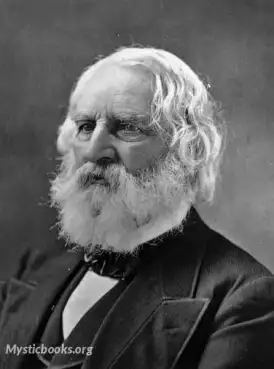
Henry Wadsworth Longfellow
United States
Henry Wadsworth Longfellow was an American poet and educator whose works include "Paul Revere's Ride", The Song of Hiawatha, and Evangeline. He was the first American to translate Dante Alighieri's Di...
Books by Henry Wadsworth LongfellowDownload eBooks
Listen/Download Audiobook
- Select Speed
Related books
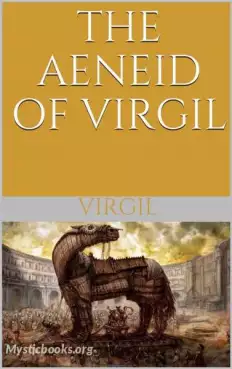
The Aeneid by Publius Vergilius Maro
The Aeneid is a Latin epic poem, written by Virgil between 29 and 19 BC, that tells the legendary story of Aeneas, a Trojan who travelled to Italy, wh...
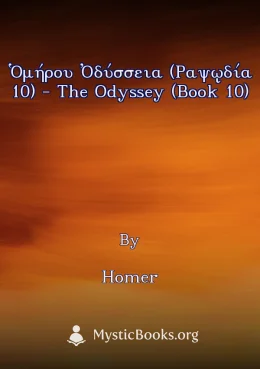
Ὁμήρου Ὀδύσσεια (Ραψῳδία 10) - The Odyssey (Book 10) by Homer
This book presents the tenth book of Homer's Odyssey, narrated in ancient Greek. It follows Odysseus' perilous journey home after the Trojan War, focu...
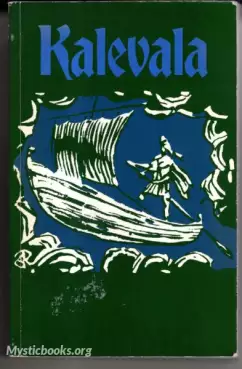
Kalevala, The Land of the Heroes by Elias Lonnrot
The Kalevala is a 19th-century work of epic poetry compiled by Elias Lönnrot from Karelian and Finnish oral folklore and mythology. It is regarded as...
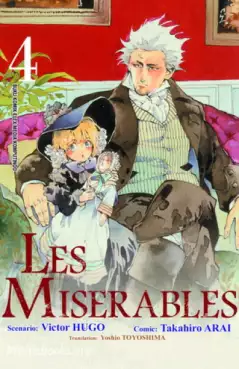
Les Miserables, Volume 4 by Victor Hugo
Les Misérables is a French historical novel by Victor Hugo, first published in 1862, that is considered one of the greatest novels of the 19th century...
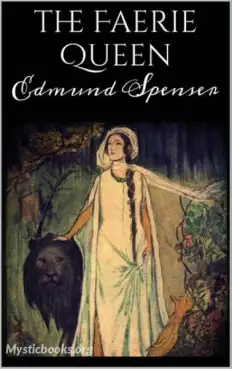
The Faerie Queene, Book 2 by Edmund Spenser
The Second Booke of the Faerie Queene contayning The Legende of Sir Guyon or of Tempaurance. The Faerie Queene was never completed, but it continues t...
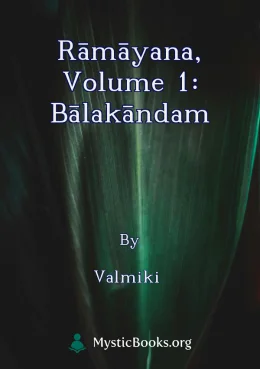
Rāmāyana, Volume 1: Bālakāndam by Valmiki
The Bālakāṇḍa, or the Book of Childhood, is the first book of the ancient Indian epic, the Rāmāyaṇa. It narrates the early life of Rama, the protagoni...

Warriors of Old Japan, and Other Stories by Yei Theodora Ozaki
Warriors of Old Japan is a collection of stories featuring members of the Samurai - the warrior class of old Japan, rendered into English by Yei Theod...
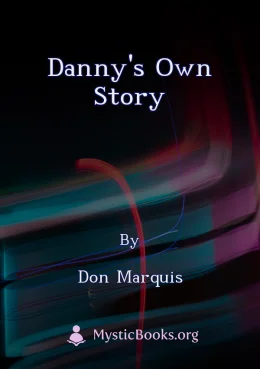
Danny's Own Story by Don Marquis
Danny is the proverbial basket-on-the-doorstep baby, found by Hank and Elmira Walters, a childless couple who welcome him into their home because they...
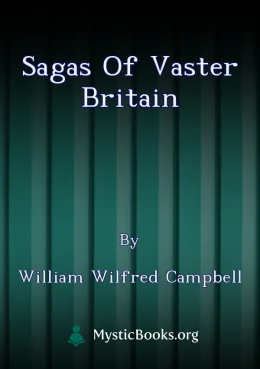
Sagas of Vaster Britain by William Wilfred Campbell
William Wilfred Campbell's "Sagas of Vaster Britain" is a collection of poems that explores themes of national identity, imperialism, and the divine n...
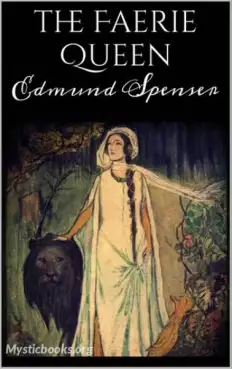
The Faerie Queene Book 3 by Edmund Spenser
"The Third Book of the Faerie Queene contayning the Legende of Britomartis or of Chastitie." The Faerie Queene was never completed, but it continues t...
Reviews for Hiawatha
No reviews posted or approved, yet...